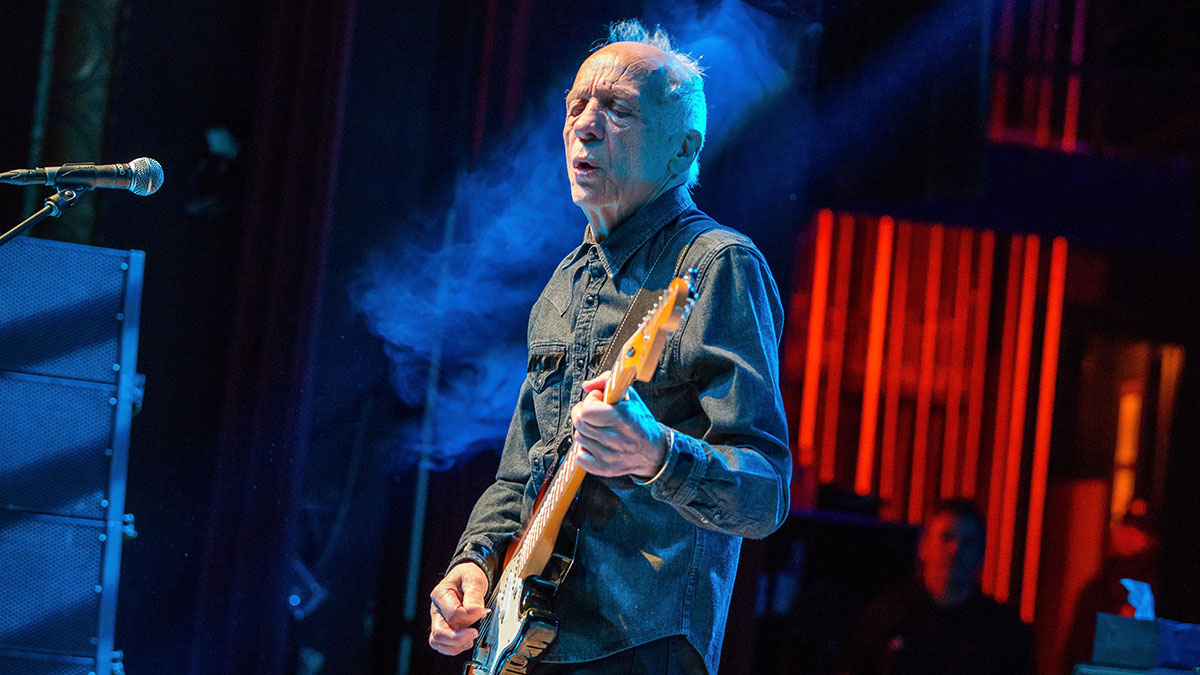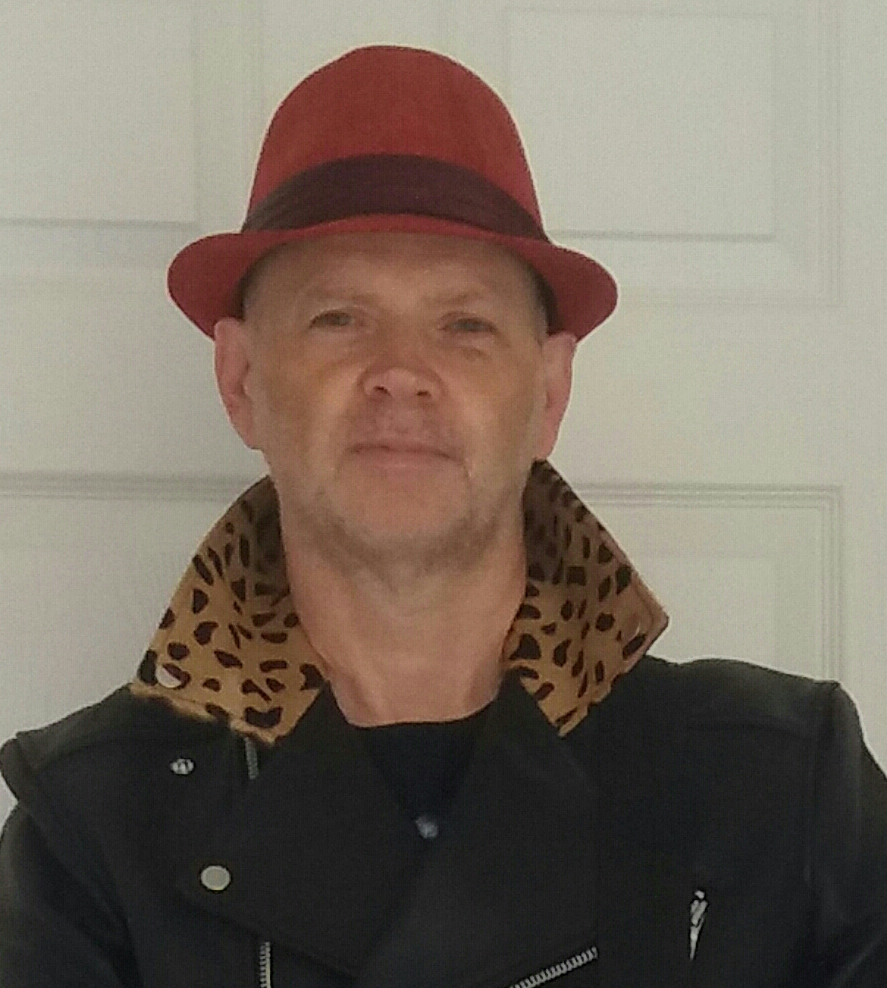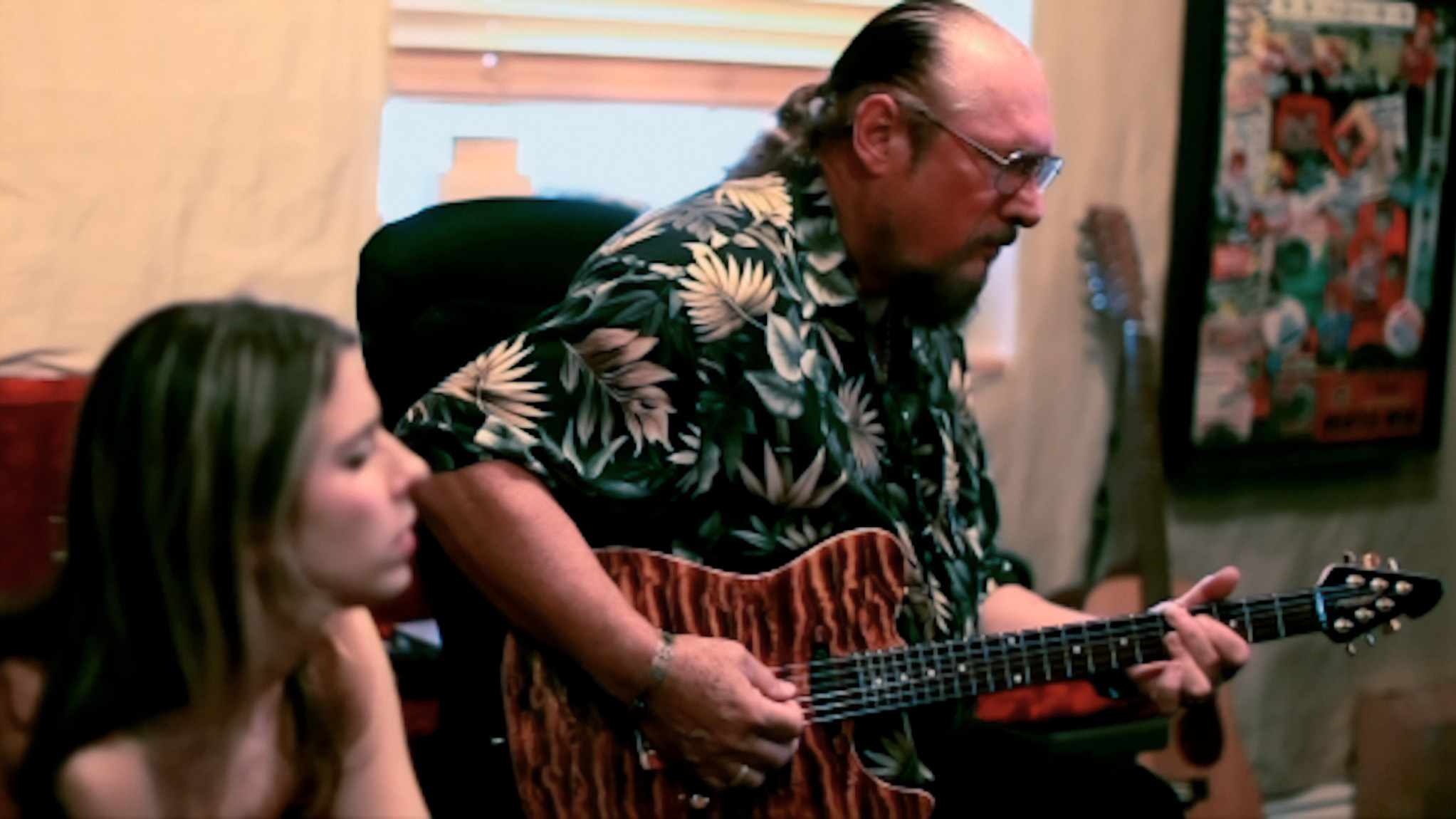Robin Trower: “The secret to the warm tone I get, whilst still retaining the clarity, is due to a combination of heavy strings and a high action”
The British master of the Stratocaster discusses his new album No More Worlds to Conquer, dissects his masterful solo strategies and reveals why he changes his strings every night when playing live

All the latest guitar news, interviews, lessons, reviews, deals and more, direct to your inbox!
You are now subscribed
Your newsletter sign-up was successful
Robin Trower is due to celebrate his 60th year as a recording artist in 2023, but at 77 years old, he’s showing absolutely no signs of slowing down.
He recently released No More Worlds to Conquer, a fairly mellow affair – and the perfect accompaniment for a late-night drive – with Trower’s distinctive tones dripping emotion over every track.
This is his third album in just over four years – and he’s about to start recording his next album, with enough songs on hand for another record after that.
You’ve called the new album No More Worlds to Conquer. Is that how you feel, musically?
“No. [Laughs] It was just that it was my favorite track on the album, and I like the story that the lyrics tell. It seemed to be the natural track to name the album after.”
Speaking of conquering worlds, what’s still on your wishlist?
“I’m going into the studio in a month to record another album, so I guess my wish list is just to be able to keep going and keep being able to make records.”
All the latest guitar news, interviews, lessons, reviews, deals and more, direct to your inbox!
Your last “Robin Trower” album, as opposed to a collaboration, was 2019’s Coming Closer to the Day, which was a bit sombre lyrically, wrestling with issues of mortality. This is a much lighter album. What changed?
“I think Closer was a more introverted album, whereas this time I made a conscious attempt to write a much more outgoing album. As I started to write different material, I thought the songs I was coming up with were beyond me vocally, which was why I got Richard Watts to handle the singing.
“Luckily enough he agreed, and he did a wonderful job. I think that’s something else that gave the record a very different atmosphere, as I sang the songs on Closer.”
Did you demo the songs with your own vocals?
“There were about four songs on the album where I had recorded the vocals myself, but after Richard had recorded some tracks, it seemed an obvious idea to get him to redo the vocals for the four that I’d sung on. Once Richard was onboard, I started to write some songs that were way out of my range, because I knew he’d be able to handle them and do a terrific job.”
Was this recorded before lockdown?
“A lot of the album was, except for four songs I recorded in September last year. I had so much time on my hands, being unable to do anything else during lockdown, that I was able to write enough songs for my next two albums.”
I think the secret to the warmth of tone that I get, whilst still retaining the clarity, is due to a combination of heavy strings, a high action and the pickups themselves on my signature Strats
Ball of Fire has a great groove and a really warm sound.
“That was done on the neck pickup; I’d say about 90 percent of the guitar parts on the album were done on that pickup. I think the secret to the warmth of tone that I get, whilst still retaining the clarity, is due to a combination of heavy strings, a high action and the pickups themselves on my signature Strats.
“Another thing I do is to change my strings quite often; I don’t do many hours on a set of strings. Live, I change them every night.”
The guitar sound that opens No More Worlds to Conquer has a really detailed, almost chewy tone. Do you hear the sound in your head and search for it, or do you find a sound by trial and error?
“It is a combination. When I’m writing it, I can hear the sound I want, but when it comes to adding bass and drums in there, sometimes you have to tweak what you thought you wanted to ensure a better fit. Often that can mean driving things a bit harder.”
Deadly Kiss is a great example of how you leave a lot of space around your phrases when you solo.
“I don’t do that consciously. Phrases and notes are essentially melodies to me. I’m trying to create a melody, even though the solo is free-form – I’m looking for something that makes it sing, so that it is almost like a vocal line in itself.”
Do you work out your solos or just go for it?
“A bit of each, actually. For songs where there might be quite a complex chord sequence, I do like to have a good idea of what the solo should be – and then go for it. There are other times where I just like to open up the amp and really see where the feeling takes me.”
The Razor’s Edge has a great, stomping groove, and the guitar sounds right on the cusp of feedback.
“Yeah, it was. I always play pretty loud in the studio unless I’m after the cleaner, sweeter tones, but on this track the amps were really cranked.”
Gear-wise, was there anything new that you brought to the table?
“For guitars, it was my signature Strats, and I always use Marshalls, so no change there. In terms of effects, I’ve been using a Fulltone Plimsoul and a Fulltone Secret Freq, which are new for me.”
Your last album, United State of Mind, with Maxi Priest, was a successful mix of styles and a really strong, groove-oriented R&B record. Do you and Maxi plan on working together again?
“There are no plans at the moment, but I’d definitely like to do another album with him. I think it was a great record and an interesting departure from what people normally expect from me.”
Bridge of Sighs is a rock radio staple and probably your best-known song. Why do you think it has such enduring appeal?
“It’s a great song. [Laughs] I think it’s pretty deep and atmospheric, and I think it’s that combination that captivates listeners.”
Heart’s Ann Wilson has covered it on her new solo album, Fierce Bliss [2022]. She described it as the greatest existential blues song ever written.
“That’s a great quote. I’ll take that!”
Next year will be the 60th anniversary of your recording debut with the Paramounts. That must have been an exciting time to be in a band, as part of the explosion in the UK, alongside the likes of the Stones, the Who and the Beatles.
“It was a lot of fun. We were young and having a really great time. It’s quite some achievement to think I’m still talking about music 60 years later. I would have never imagined that could be possible back in 1963. We were a great band though, particularly live. We did a lot of covers of American soul, R&B and rock ’n’ roll records.”
The US has always been your strongest market. Why do you think that is?
“I think I got a lot of exposure, playing some great supports at stadiums with bands like Jethro Tull and Ten Years After; that exposed my music to a lot of people, and the American audiences really connected with what I was doing.
“The other thing is, while other markets in the world almost abandoned rock and blues guitar music, if you think back to the late '70s and early '80s, American fans never lost their love for my kind of music and have always been really loyal, for which I’m extremely grateful.”
I love the electric guitar; I just get such a buzz from playing – I always have and I always will
You’ve seen a lot of changes in the industry. Does it seem better or worse today when you compare things to how they were in the 1970s when you were playing stadiums?
“I think the main thing is that the business has reversed, and nowadays you have to tour behind an album to make money, unless you’re Pink Floyd or someone. That’s just the way it is now, but I think it is rare for a band to be able to survive on sales alone. I guess none of us ever saw that coming.”
You’ve been a Fender Strat player for so long. Do you have a collection of vintage Strats?
“No, not at all. I have about eight of my signature Strats and they’re the only Strats I’ve got anymore. I do have an acoustic that I never play. [Laughs] I like to plug my guitar into an amp. I love the electric guitar; I just get such a buzz from playing – I always have and I always will.”
- No More Worlds to Conquer is out now via Provogue.
Mark is a freelance writer with particular expertise in the fields of ‘70s glam, punk, rockabilly and classic ‘50s rock and roll. He sings and plays guitar in his own musical project, Star Studded Sham, which has been described as sounding like the hits of T. Rex and Slade as played by Johnny Thunders. He had several indie hits with his band, Private Sector and has worked with a host of UK punk luminaries. Mark also presents themed radio shows for Generating Steam Heat. He has just completed his first novel, The Bulletproof Truth, and is currently working on the sequel.

